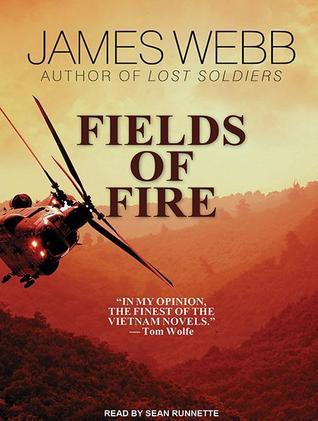What do you think?
Rate this book


Audio CD
First published January 1, 1978
Our macho, macho marine forces himself on an Okinawan girl. He is going to Vietnam in three days. "She kissed him back, a portion of her innocence crumbling with great remorse, admitting his attractiveness." Date rape and she wanted it, right, Mr. Webb. What false stereotype is this?